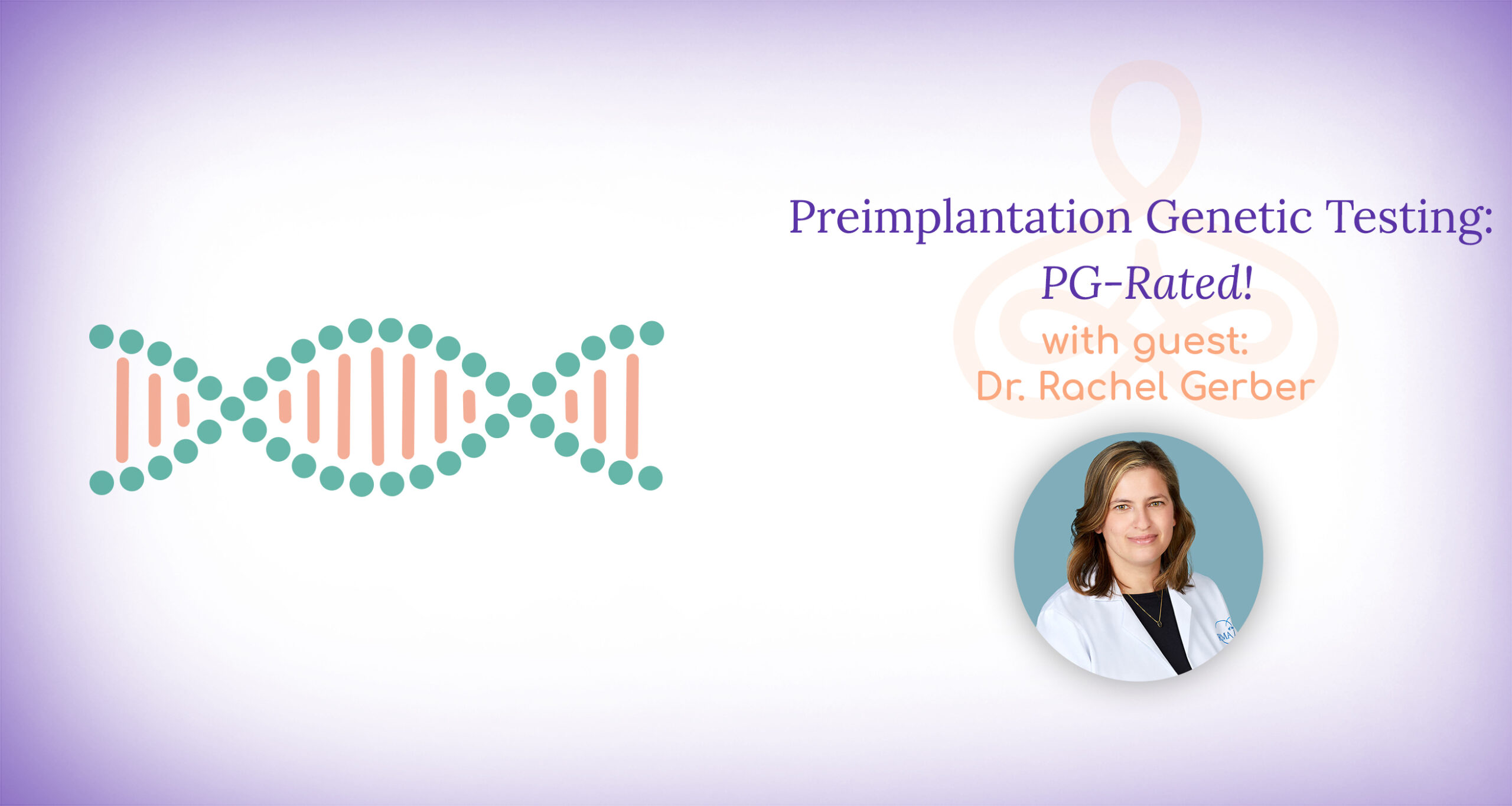Understanding Preimplantation Genetic Testing in IVF
Preimplantation genetic testing (PGT) is a cutting-edge tool that helps families improve their chances of a healthy pregnancy through in vitro fertilization (IVF). In a recent episode of Healthful Woman with Dr. Rachel Gerber and Dr. Nathan Fox, listeners learn how preimplantation genetic testing can screen embryos for genetic issues before they are implanted.
What is Preimplantation Genetic Testing?
Preimplantation genetic testing is a way to check embryos created through IVF for genetic problems before they are transferred into the uterus. By analyzing a few cells from the embryo, doctors can identify potential issues, such as extra or missing chromosomes, that could lead to miscarriage or failed IVF cycles.
Previously, genetic testing was done on day-three embryos when they only had around eight cells, but today, it’s done on embryos that have grown for five or six days (called blastocysts). At this stage, only the outer layer of cells, which become the placenta, are sampled, protecting the cells that will grow into the baby. This allows for more accurate results without harming the embryo.
Why is Preimplantation Genetic Testing Important for IVF?
Genetic issues are one of the leading causes of miscarriage and failed IVF attempts. With preimplantation genetic testing, doctors can choose embryos with the best chance of developing into a healthy pregnancy, helping families avoid the emotional and financial toll of unsuccessful treatments. Preimplantation genetic testing may be beneficial in the following situations:
Recurrent Miscarriages
For couples who have experienced multiple losses due to chromosomal problems.
Women Over 35
The chance of genetic abnormalities increases with age, making screening even more important.
Family Balancing
Parents may choose the sex of their baby to create a balanced family.
Preventing Genetic Conditions
For couples carrying inherited diseases, PGT ensures only healthy embryos are transferred.
Preimplantation genetic testing also reduces the need to transfer multiple embryos to increase the chances of success. Many clinics now transfer just one healthy embryo, lowering the risks associated with multiple births.
Types of Genetic Testing
There are different types of preimplantation genetic testing, each tailored to specific needs:
PGT-A (Aneuploidy Testing)
This test checks for extra or missing chromosomes, such as those seen in Down syndrome.
PGT-M (Monogenic Disorder Testing)
Screens for specific genetic conditions, like cystic fibrosis or Tay-Sachs, are often used when both parents carry the same mutation.
PGT-SR (Structural Rearrangement Testing)
Detects pieces of chromosomes that may have swapped places, which can lead to infertility or miscarriage.
Family Balancing and Ethical Considerations
Preimplantation genetic testing also allows parents to select the sex of their baby. Dr. Rachel Gerber states, “The whole concept of sex selection has ethically gone through stages in the U.S.” Many families use this option to balance the genders of their children, such as adding a boy after having several girls. While sex selection is available, clinics ensure that families use this option responsibly.
Learn More
PGT has transformed IVF, offering families more hope and clarity on their path to parenthood. To learn more about preimplantation genetic testing, listen to the full episode of Healthful Woman. To schedule a consultation, contact Carnegie Women’s Health through the online contact form for personalized care and guidance.

